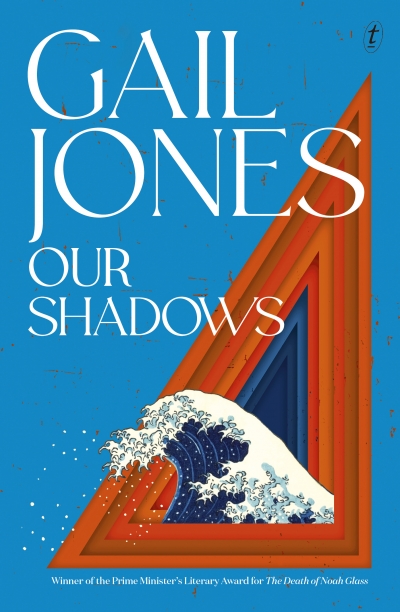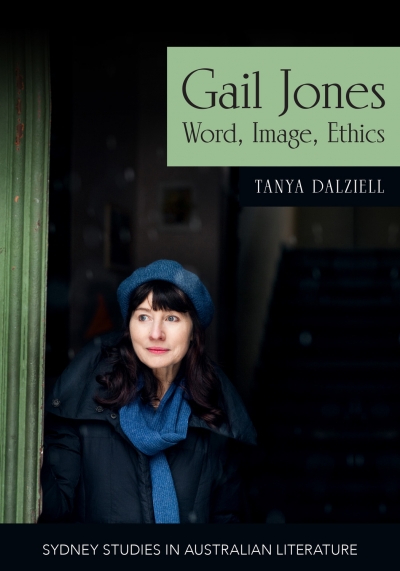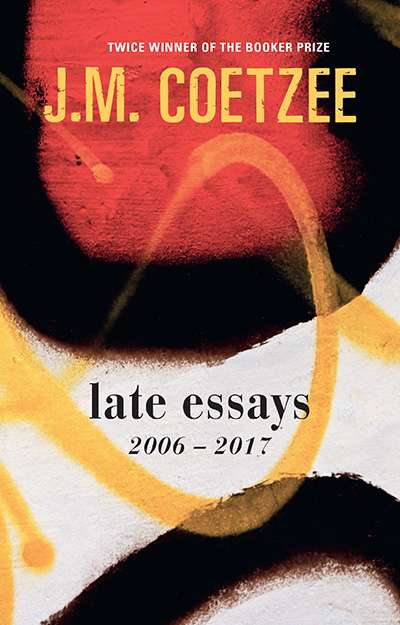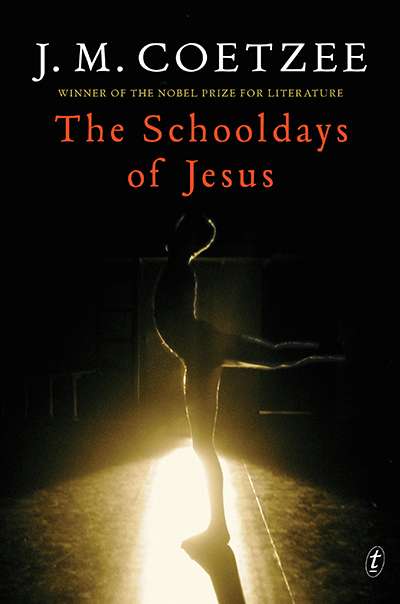Sue Kossew
Sue Kossew holds degrees from the Universities of Cape Town, East Anglia and New South Wales. She is Emeritus Professor at Monash University, having been Chair of English and Literary Studies there since 2009, and is Honorary Professor at UNSW. Her work is in contemporary post-colonial literatures, with a focus on Australia and South Africa, and with particular interest in the work of J. M. Coetzee and contemporary women writers. She has published eight books and numerous articles and chapters. Her most recent books are Rethinking the Victim: Gender and Violence in Contemporary Australian Women’s Writing co-authored with Anne Brewster (Routledge, 2019) and Reading Coetzee’s Women ed. with Melinda Harvey (Palgrave Macmillan 2019).
Gail Jones’s beautifully crafted narratives invite and reward careful reading. All her work bears the mark of her formidable intellect. Yet her texts don’t show off: they assert the primacy of embodied experience and interpersonal relationships as much as the inner life of the mind. They provoke you to attend to their many layers of meaning, often requiring at least two readings (and some rese ... (read more)
While it is true that the essay as a genre has a long and continuous history, it is not always an easy form to categorise or define. J.M. Coetzee has himself contrasted the ‘rather tight discourse’ of criticism with the relative freedom of writing fiction. Indeed, essays – like those collected in this volume – require ‘slow reading’, a term derived from Friedrich Nietzsche’s statemen ... (read more)
In order to grasp the complexity of allusions in J.M. Coetzee's new novel, The Schooldays of Jesus, you need to have your wits about you. On the other hand, as with its prequel, The Childhood of Jesus (2013), the novel may also be read fairly simply, as a fable. As a sequel to the first 'Jesus' novel, it progresses the story of Simón, Inés, and David, the 'holy family,' as they continue their jo ... (read more)





